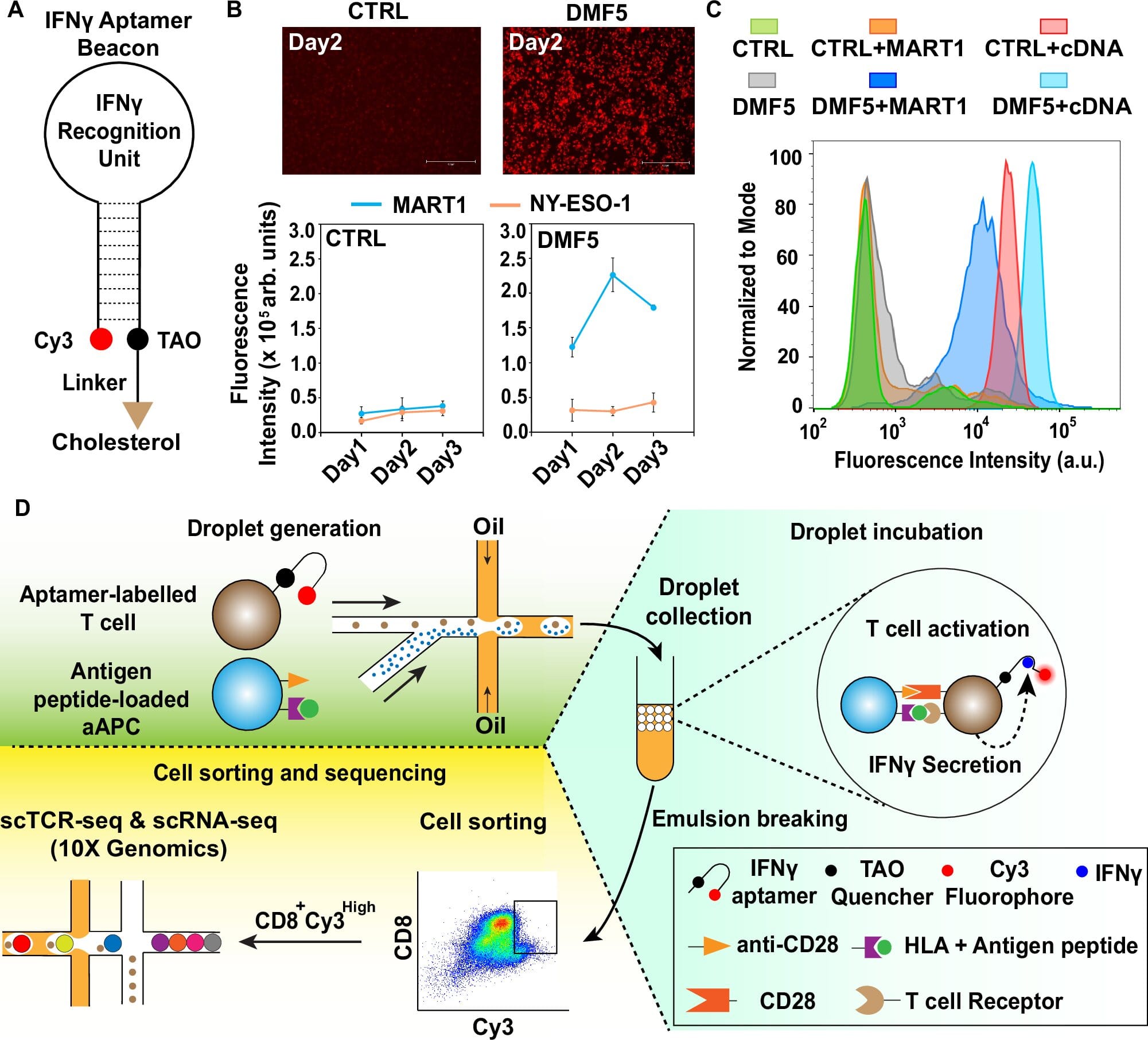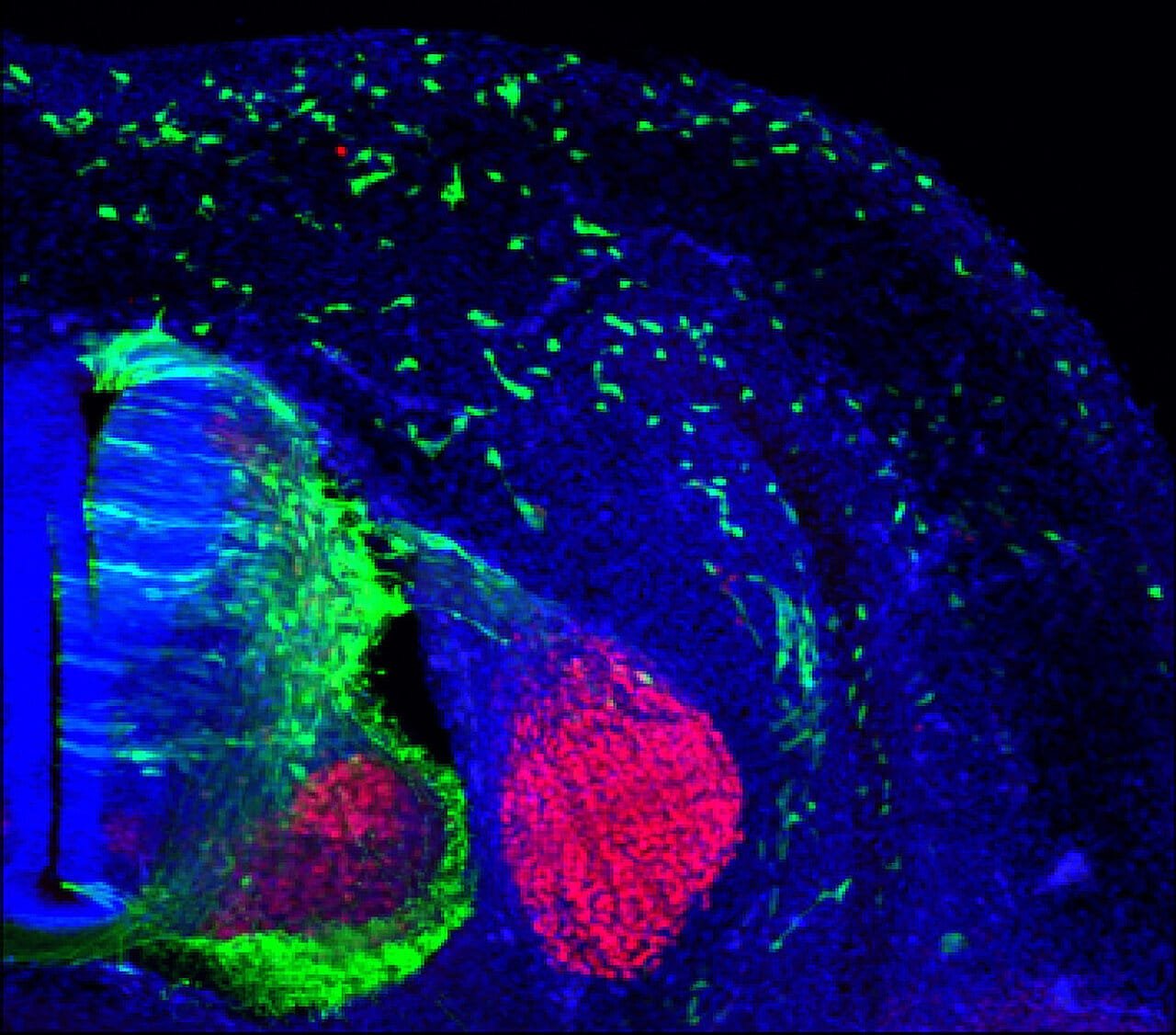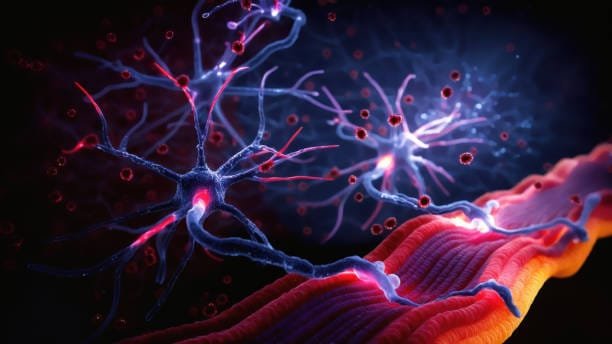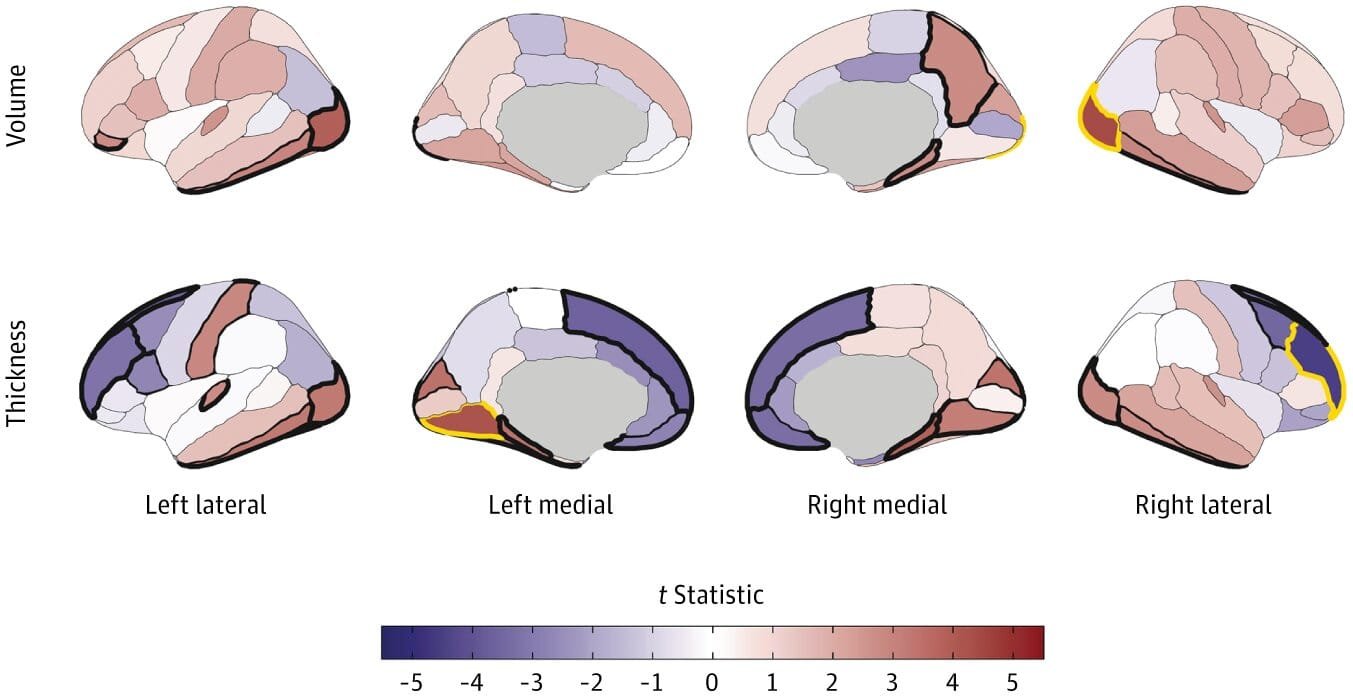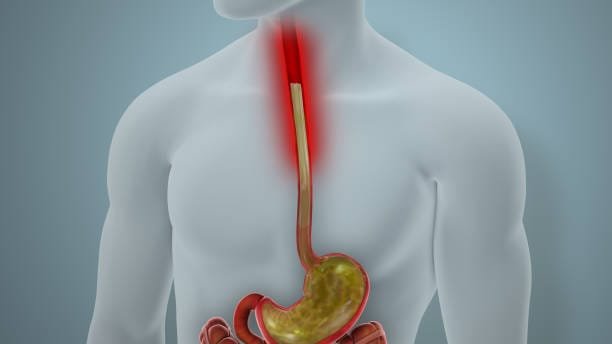New Technology Boosts Cancer Immunotherapy
Researchers at the Children’s Hospital of Philadelphia (CHOP) and the Perelman School of Medicine at the University of Pennsylvania have introduced an innovative technology designed to enhance the identification of antigen-reactive T cells, a critical step in improving immune responses against cancer. This new technology, Aptamer-based T Lymphocyte Activity Screening and SEQuencing (ATLAS-seq), offers a … Read more
